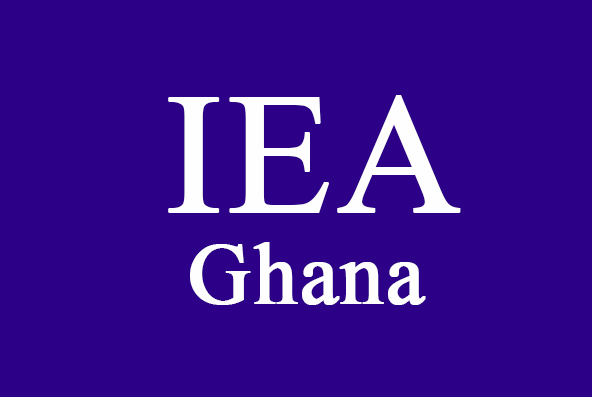
Audio By Carbonatix
The Institute of Economic Affairs (IEA) has stated that the frequency of economic crises and the International Monetary Fund (IMF) bailouts clearly demonstrate serious policy failings, which have increased the Ghana’s vulnerability to shocks.
In particular, it said, the economy has not witnessed any significant transformation since independence, producing largely primary commodities for export while relying heavily on wide-ranging imports.
“Economic policies have largely followed the orthodox neoclassical model of free markets and limited role for the state, a model that is more suitable for mature economies. The failures expected from free-market policies have not been adequately addressed, with dire consequences. Obviously, the country needs to chart a new path since repeating the same policies would not achieve different outcomes.”
“The new path should consist of transformative policies to build a resilient, self-reliant economy. It should also prioritise the leveraging of the country’s internal resources and capacities to support crosscutting transformational policies”, it explained.
As the December 2024 elections approaches, the IEA put together a set of key policies for the attention of the incoming Government, covering areas such as Macroeconomic Stability; Economic Growth and Employment; Infrastructure; Energy Security; Agriculture and Food Security and Industrialisation and Economic Transformation.
Macroeconomic instability
The IEA also expressed concern about the macroeconomic instability, in the form of high inflation, exchange rate instability, high interest rates and unsustainable debt, that it said has plagued the Ghanaian economy for a long time.
The instability, it pointed out, derives from both underlying structural weaknesses of the economy and weak macroeconomic fundamentals.
The structural weaknesses, it added, continued to constrain production and supply, while expansionary fiscal and monetary policies fuel demand pressures.
“The resulting supply demand imbalances manifest in macroeconomic instability. As the situation reaches a crisis point—and we lose policy credibility internationally—we rush to the IMF for financial bailout, backed by a program that prescribes measures aimed at restoring macroeconomic balance to the economy, without, however, addressing the fundamental structural weaknesses. After each programme, however, we return to our old bad ways of fiscal profligacy accommodated by monetary expansion, which generates another episode of instability—and the cycle repeats itself.”
It concluded that the programme apart from the economic hardship that macroeconomic instability inflicts on Ghanaians, without stability, sustained high growth will be difficult to achieve.
Therefore, it called for the country to chart a new path of entrenching macroeconomic stability.
Latest Stories
-
GTA, UNESCO deepen ties to leverage culture and AI for tourism growth
6 minutes -
ECG completes construction of 8 high-tension towers following pylon theft in 2024
29 minutes -
Newsfile to discuss 2026 SONA and present reality this Saturday
37 minutes -
Dr Hilla Limann Technical University records 17% admission surge
45 minutes -
Meetings Africa 2026 closes on a high, Celebrating 20 years of purposeful African connections
50 minutes -
Fuel prices to increase marginally from March 1, driven by crude price surge
1 hour -
Drum artiste Aduberks holds maiden concert in Ghana
1 hour -
UCC to honour Vice President with distinguished fellow award
2 hours -
Full text: Mahama’s State of the Nation Address
2 hours -
Accra Mayor halts Makola No. 2 rent increment pending negotiations with facility managers
2 hours -
SoulGroup Spirit Sound drops Ghana medley to honour gospel legends
2 hours -
ECG reinforces ‘Operation Keep Light On’ in Ashanti Region
2 hours -
UK remains preferred study destination for Ghanaians – British Council
2 hours -
Ghana Medical Trust Fund: Maame Samma Peprah ignites chain of giving through ‘Kyerɛ Wo Dɔ Drive’
2 hours -
A new children’s book celebrates Ghanaian culture and early literacy through food storytelling
2 hours

